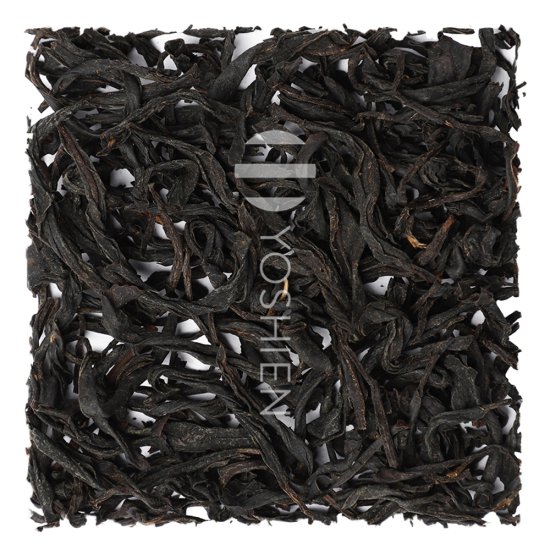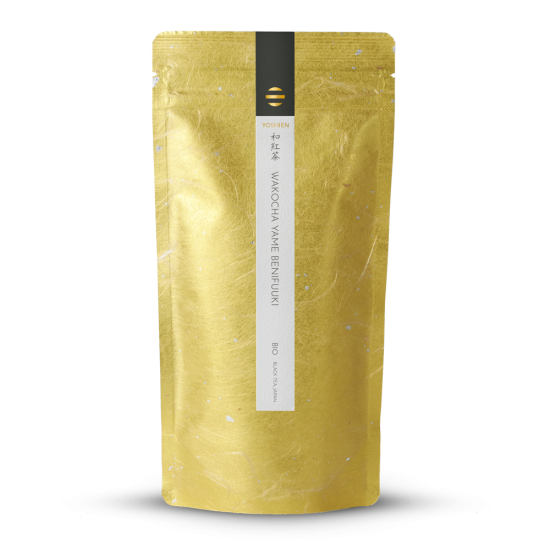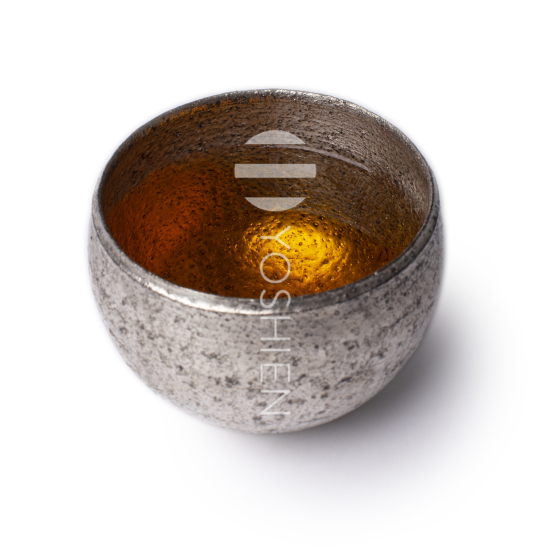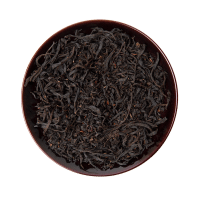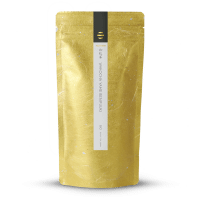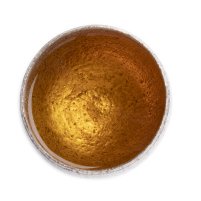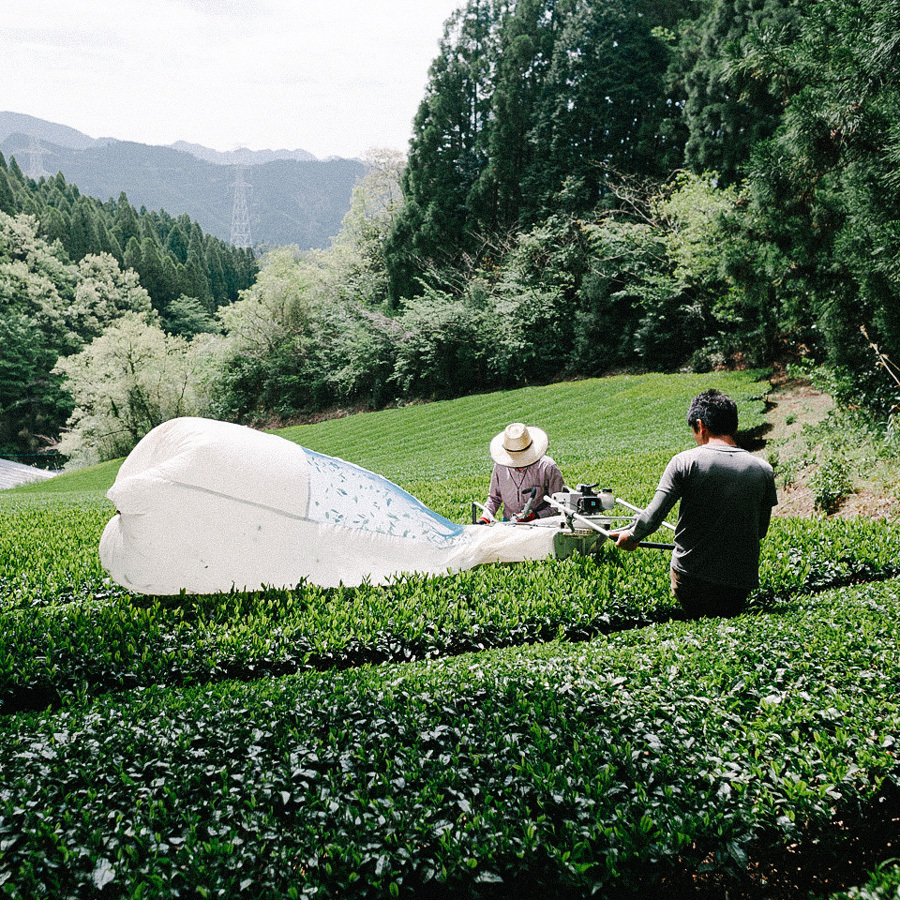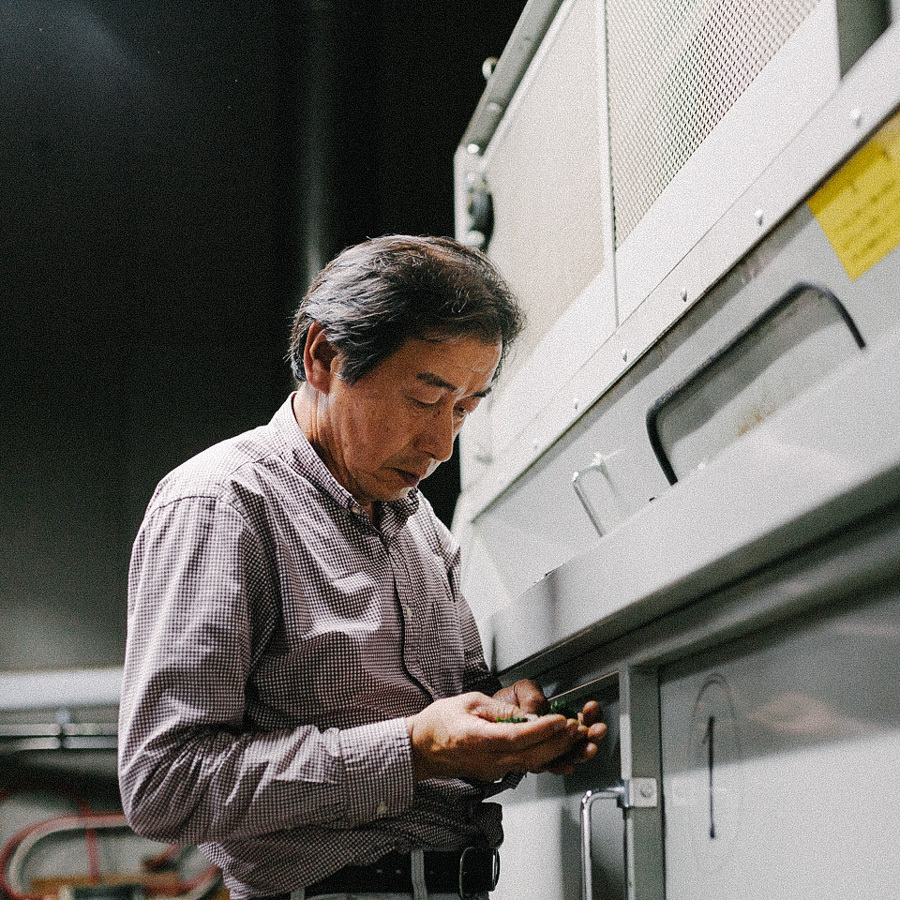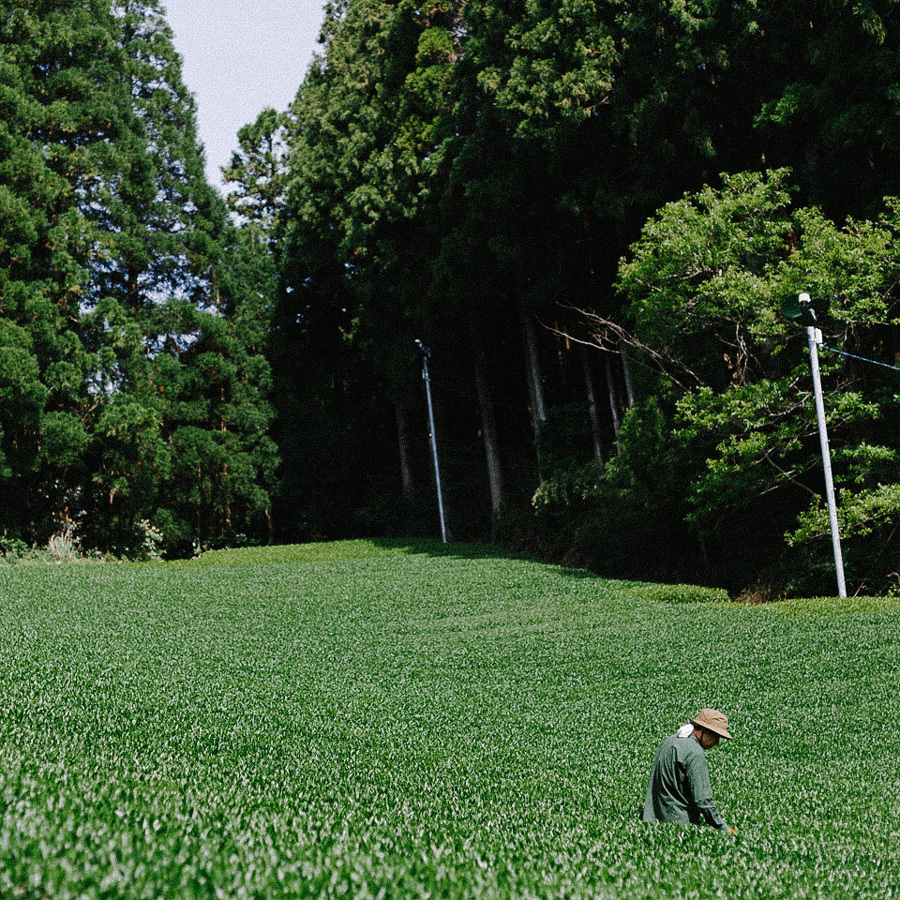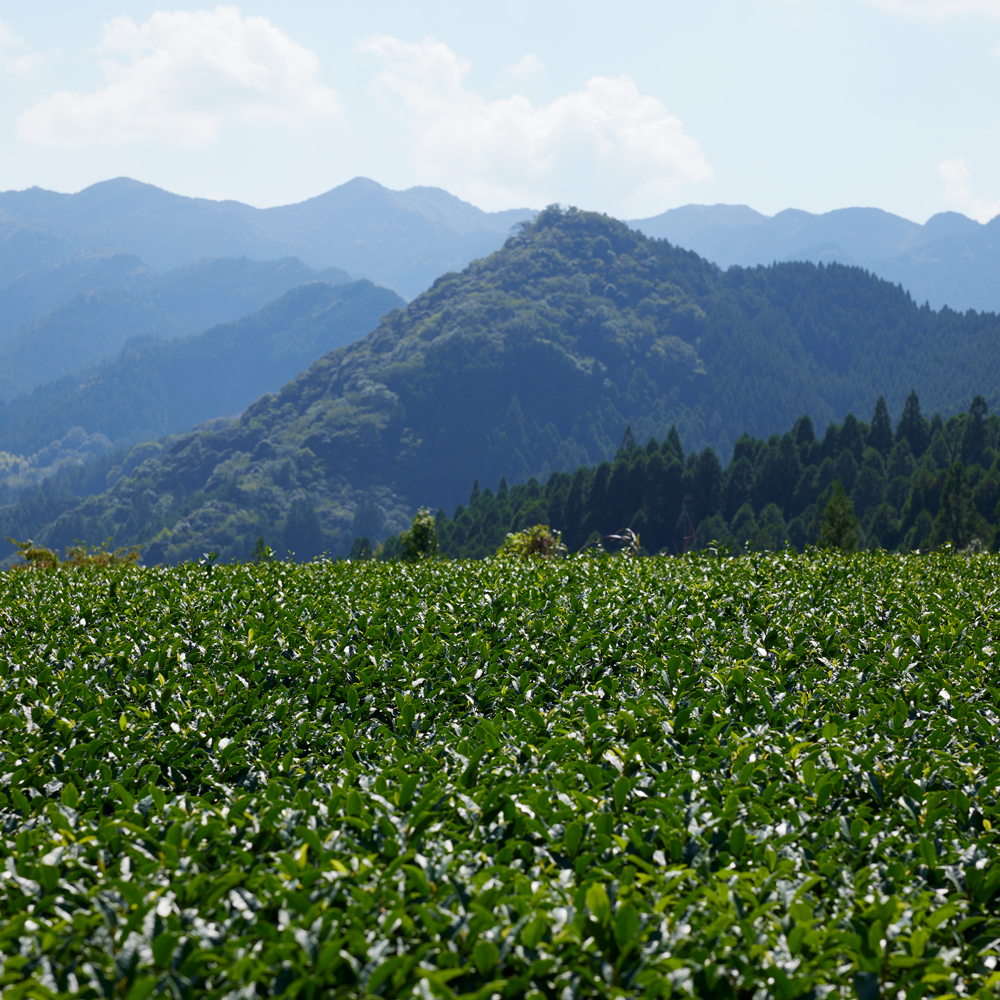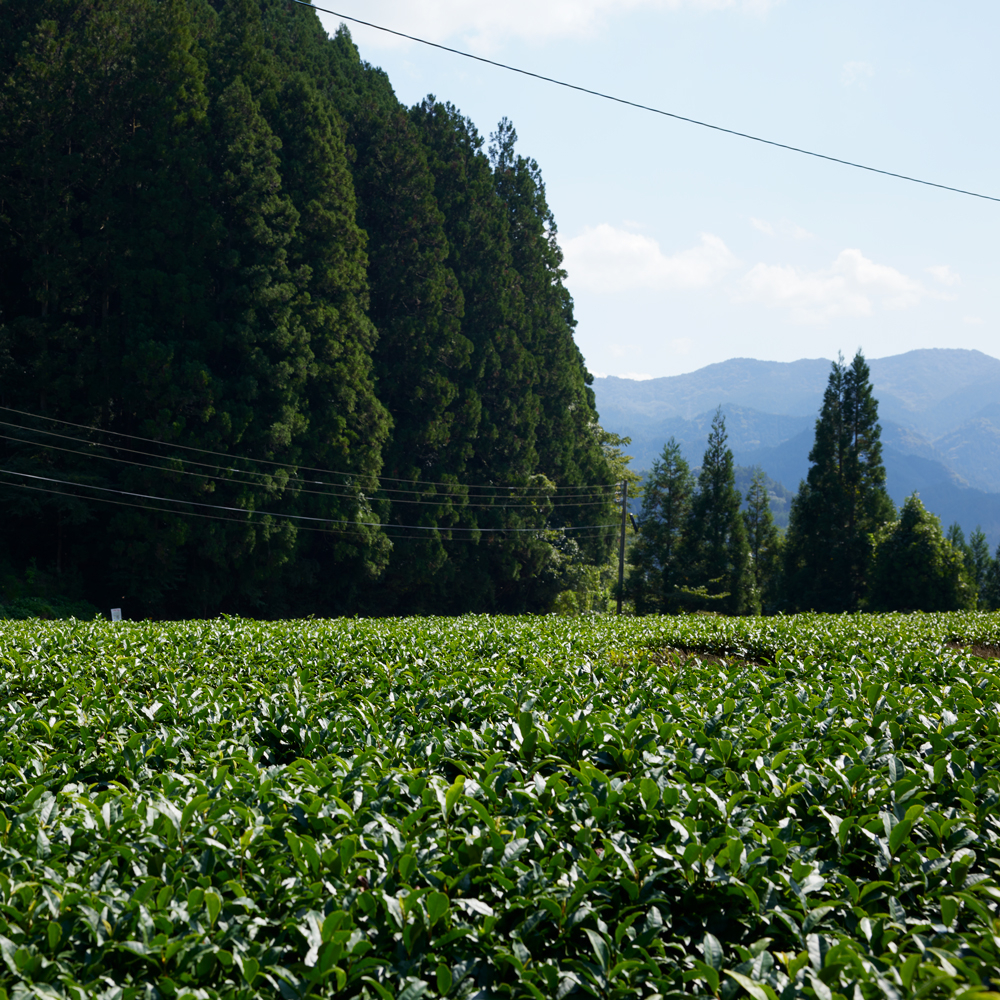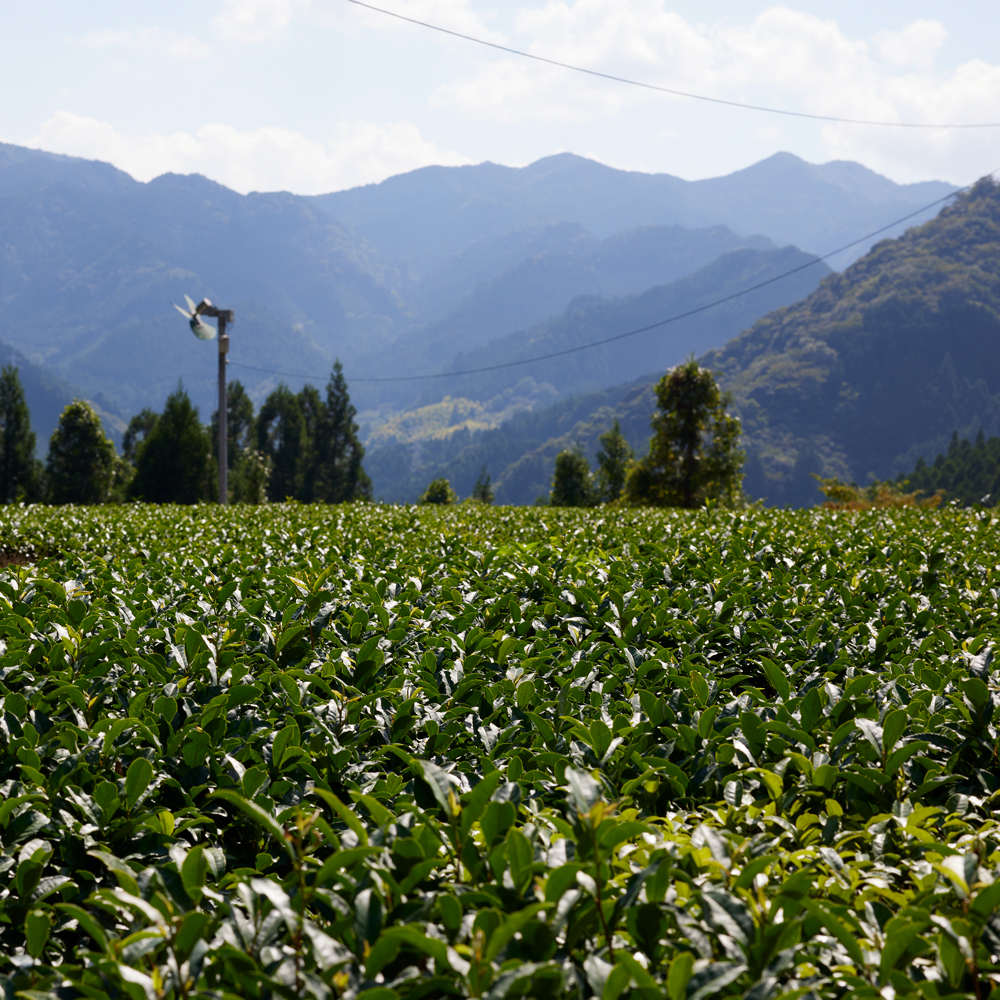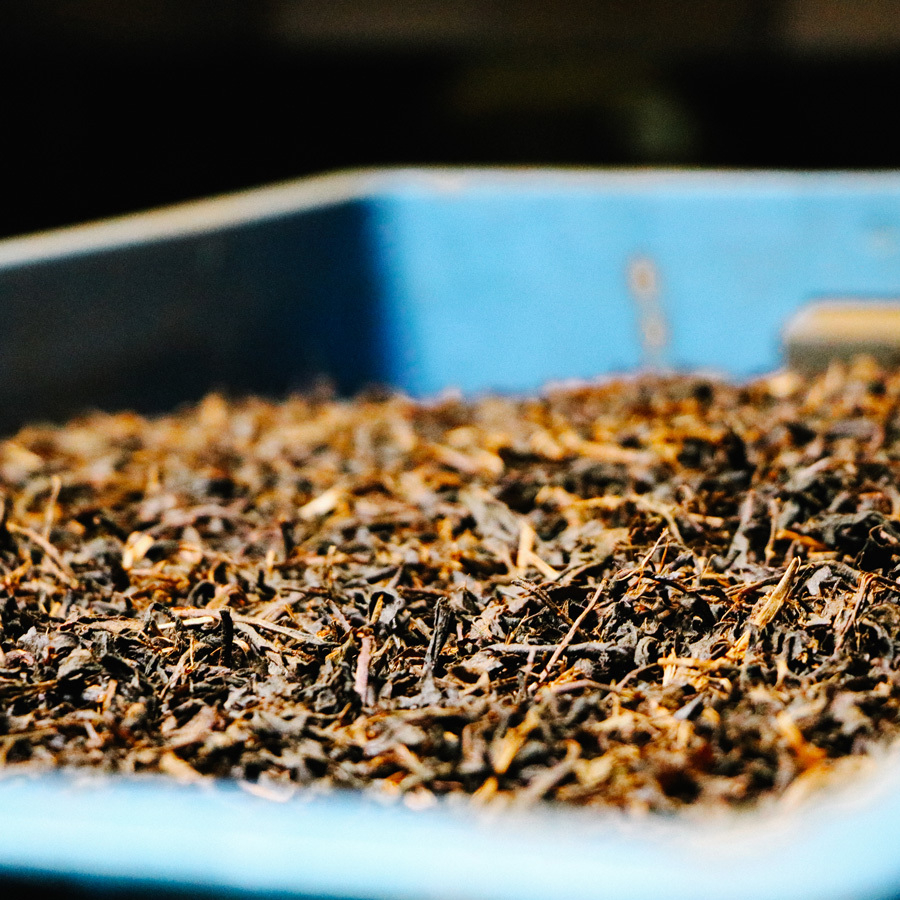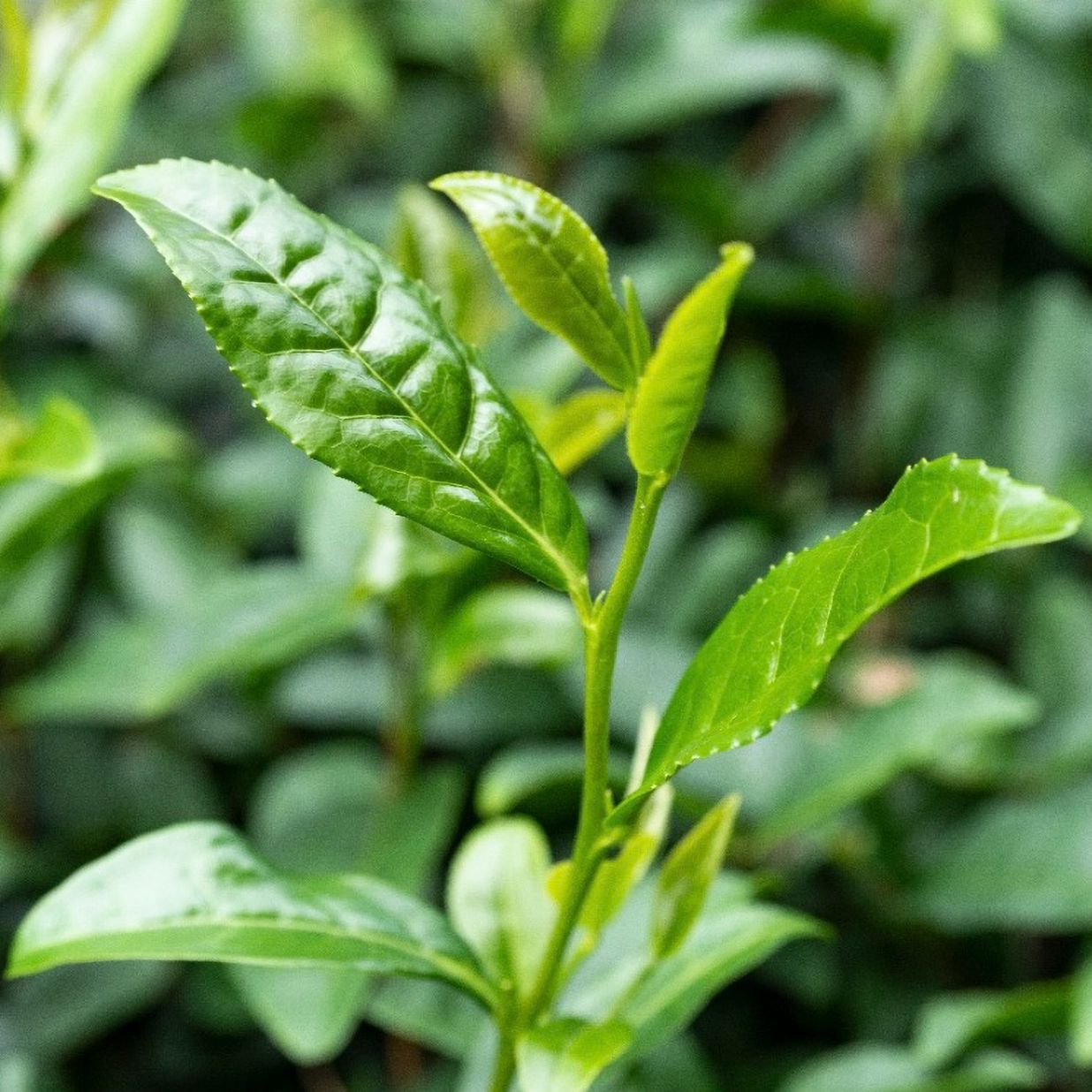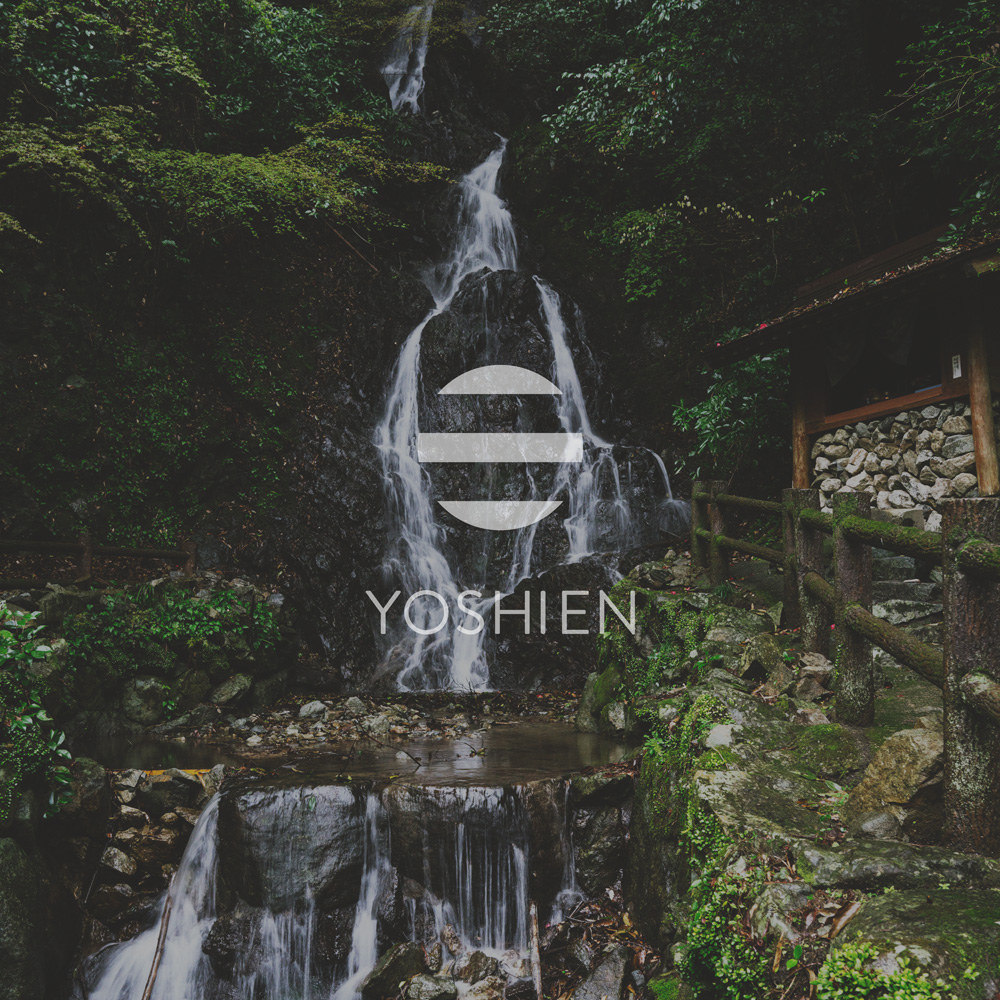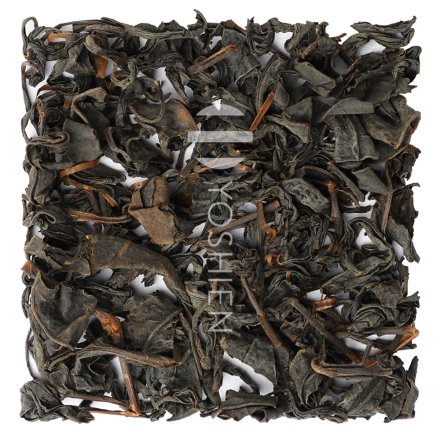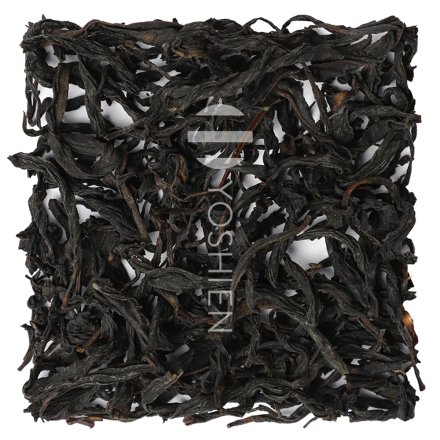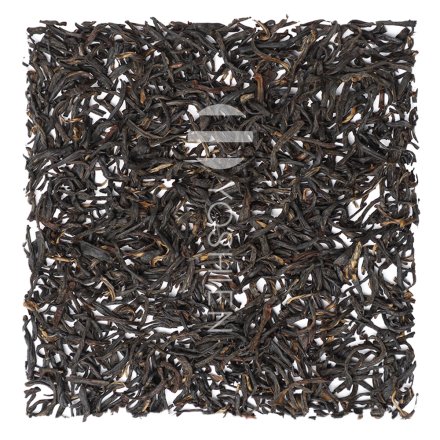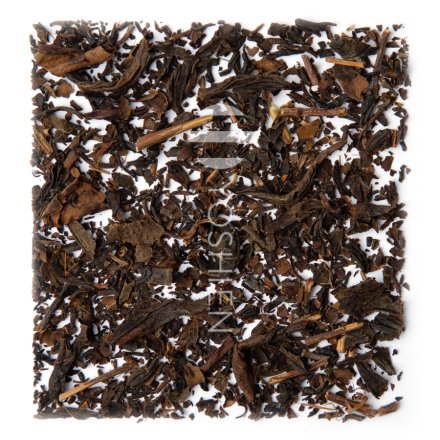Yamecha (八女茶)
Located in the north of Kyushu, the southernmost of the three main Japanese islands, Fukuoka Prefecture, and specifically the region around Yame City, is home to the famous Yamecha (Jap. 八女茶; tea from Yame). With 3% of the country’s total green tea production, Fukuoka ranks 6th overall, but accounts for a full 45% of the entire production of shaded Gyokuro – including the highly revered and sought-after Dentou Hon Gyokuro. This title may only be borne by the finest of the fine shaded teas from Yame, which are produced according to special traditional methods and fully shaded with rice straw (Tana-Honzu technique). This unique focus on quality and shaded teas makes Yamecha among the most expensive green teas in Japan and is rooted, alongside centuries-old tea cultivation traditions, in the region’s ideal geographical conditions.
The Tsukushi Plain, and particularly the basins of Yame’s two main rivers, the Yabe and the Chikugo, are often shrouded in dense morning fog, providing a natural protection from sunlight and encouraging the tea plants to produce an especially high amount of umami-rich amino acids. Teas from Yame are therefore often referred to as "natural Gyokuros" and can be particularly intense here. In addition to the rivers, which bring not only pure mountain spring water but also cool and humid air into the terroir, this mist is also caused by the strong climatic contrasts with hot days and cold nights – even leading to snow-covered tea bushes in winter. Moreover, the area around Yame is extremely rich in rainfall, receiving up to 2,400mm annually, which, together with the loose, sediment-rich soils, ensures constant watering of the tea fields, most of which are located on mountain slopes. This climate and the rich soils make the plants particularly resilient and contribute to the uniquely full-bodied Yamecha aroma.
Alongside Yabukita (77%), the full-bodied Sencha cultivar Kanayamidori (4%), the southern cultivars popular for Gyokuro and Kabuse, Okumidori (4%) and Saemidori (4%), and the fine Yamakai (2%) are particularly widespread. Rare gourmet cultivars such as Samidori, Okuyutaka, Gokou and Asatsuyu can also be found here.
The historical origin of Yamecha dates back to 1423 and the activities of the Zen master Shuzui, who, following a stay in China, brought with him the cultivation and processing methods of Ming-style tea, where the tea is roasted in a pot. It was not until the Edo period in the mid-19th century that the Uji method of tea production, involving steaming and shading, gradually became widespread, and the first Senchas were produced – albeit in small quantities and as luxury goods. This was followed by a gradual modernisation of tea production and the slow development of a tea industry for teas from various regions of Fukuoka, which were officially grouped under the name Yamecha in 1925 to emphasise the special quality of the roasted and steamed green teas of the region.
Today, Yame is regarded throughout Japan, alongside Uji, as one of the leading tea regions and continues to receive the highest accolades at the country's most prestigious tea competitions. From 2001 to 2012, Yamecha consistently won the prestigious MAFF Award for Gyokuro from the Japanese Ministry of Agriculture, Forestry and Fisheries, and from 2014 to 2019, it received the same award in the Sencha category. Particularly frequently awarded, and therefore especially sought-after, are teas from the towns of Kuroki-Cho, Kamiyou-Cho and, last but not least, Hoshino Mura, the famous mountain village whose name is known to every Gyokuro enthusiast.
Single Origin
This tea comes 100% from the above-mentioned tea field in Yame, sourced directly from the tea farmer.
Organic Certification

PL-EKO-01
Nicht-EU-Landwirtschaft




